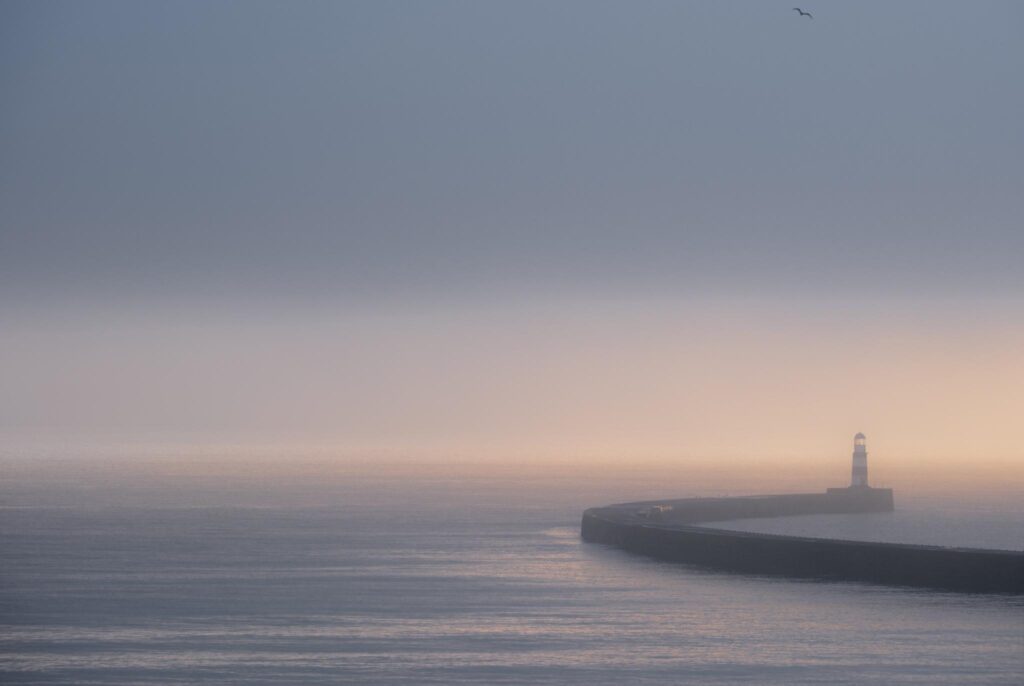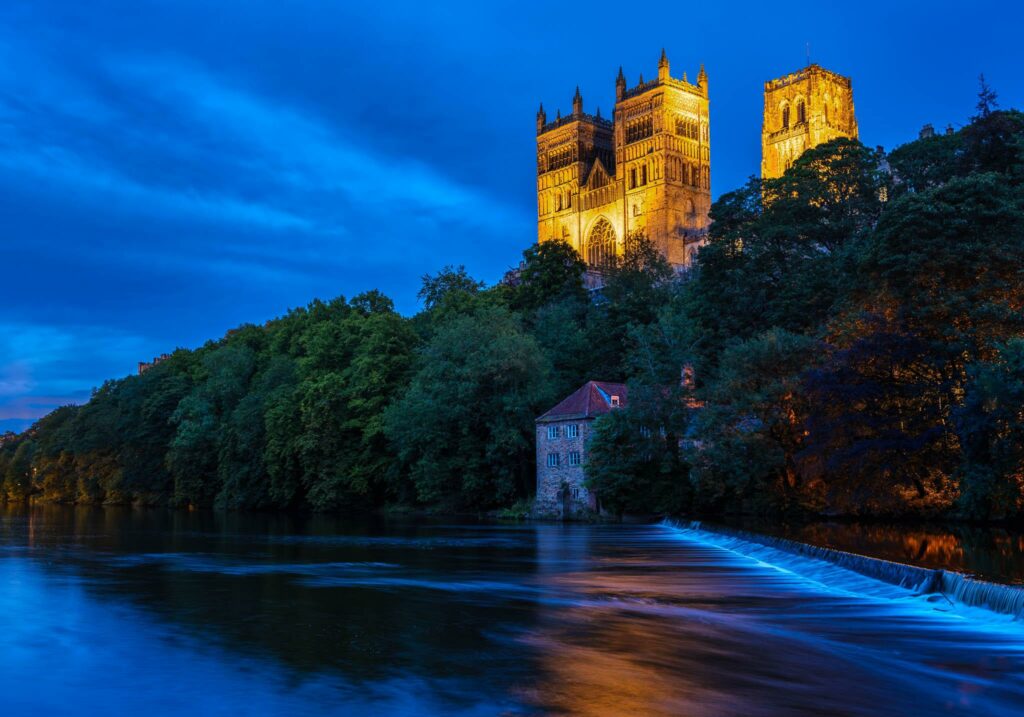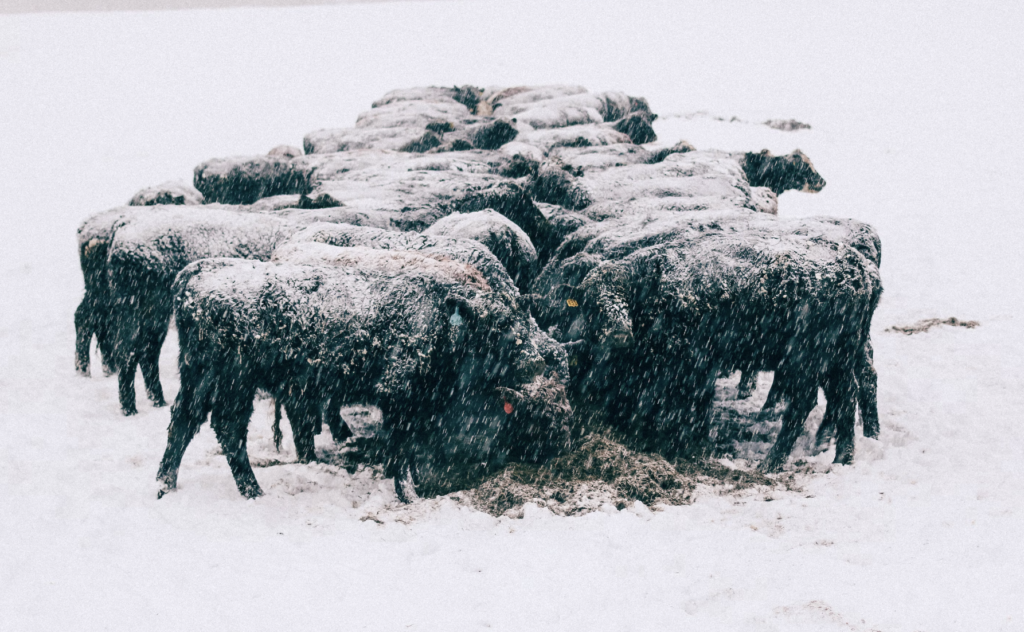Sometimes, less can be more and minimalism in photography can be used as a compositional tool to grab the attention of the audience. Minimalism allows the viewers to relax and enables curiosity about the subject in the photograph.
In this article, we have put together 8 tutorials that will teach you how minimalism can be used to capture fascinating images. They cover a range of topics on what minimalism is, why it works, how it can be done and some genres in photography where minimalism can be applied.
1. Keep it Simple – A Guide to Minimalist Photography
In the recent years, minimalist photography has been gaining popularity, with many photographers capturing simple images in a chaotic surrounding. It helps the photographer and the viewers get a respite from the constant flow of information, the chaos and noise that are experienced everyday. This article from “Contrastly” talks about what minimalism is and shows how you can employ some techniques of minimalism to benefit your photography.
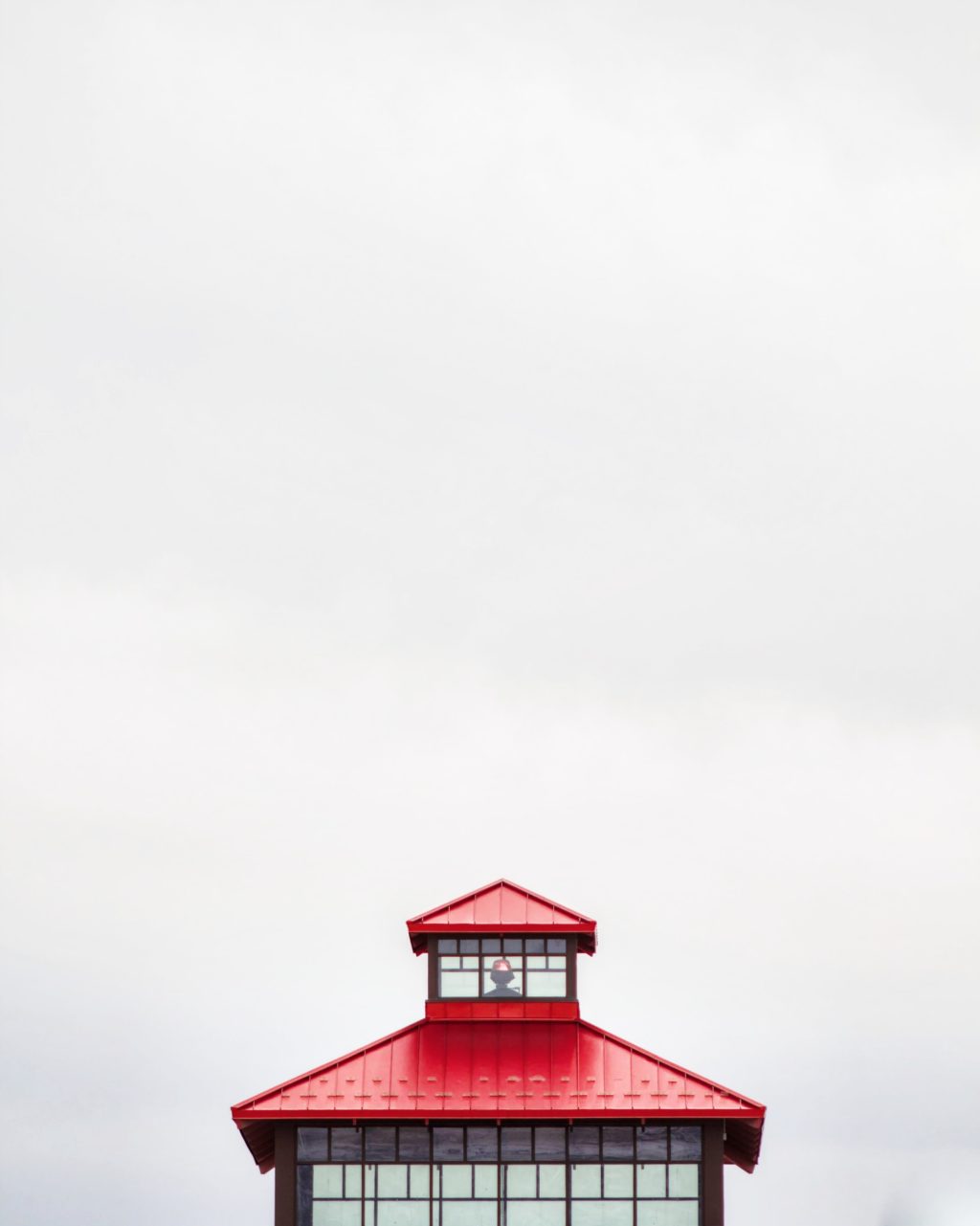
2. 6 Important Elements in Minimalist Photography, and Why They Work
Minimalism can be art for some photographers for its simplistic and artistic representation of elements in the frame, but is a highly subjective factor. There are some things that the photographer needs to consider in order to capture powerful minimalist images. This tutorial from “My Click Magazine” talks about six elements of minimalist photography to keep in mind when composing simple frames.

3. 10 Easy Ways To Create Stunning Minimalist Compositions
It doesn't matter what gear you are using to capture minimalist photographs, but following some compositional guidelines will help to capture more powerful shots. When capturing minimalist photographs, a clean and simple composition will help to bring more emphasis to the subject and draw the viewer's attention immediately. This tutorial from “iPhone Photography School” teaches you 10 easy ways to create stunning minimalist compositions.

Minimalism in photography can be applied to almost all genres to capture compelling images. Here are some tutorials that will guide you on this process.
4. How To Photograph Minimalist Landscapes
Outdoors can be great spaces to apply minimalism in photography to capture interesting landscapes, where the vast empty spaces can be used to bring focus to the subject or a part of the scene. This process can be exciting and therapeutic once you find a location to work with. This tutorial from “Mikko Lagerstedt” gives five tips on how to create minimalist landscape photographs.

5. Master Minimalist Architecture Photography
Buildings and other architectural structures are great subjects for minimalist photography. Carefully composing the photograph by paying attention to a part of the architectural structure can help to show the character and style of the building or structure. This article from “Amateur Photographer” talks about the experiences of two photographers and the key ingredients to capture strikingly minimalist architectural images.
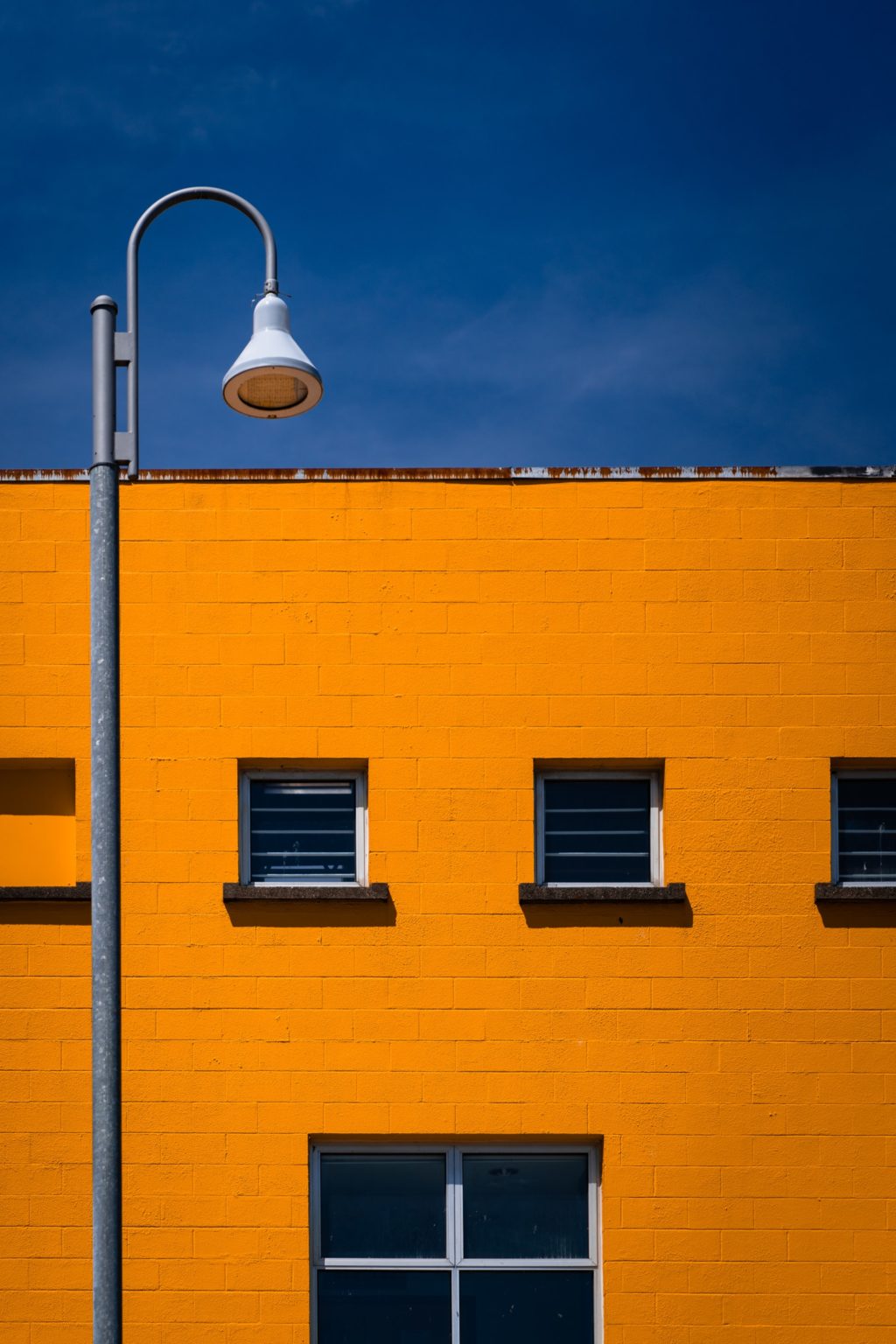
6. The Art of Minimalist Portrait Photography
Portrait photography is one that has its own charm, can be conceptual, tell a story, and is something beyond just capturing people in different poses. Minimalism can be used for portraits where you use simple backgrounds and props to make the resulting images stand out. This tutorial from “Lashmar Creative” will guide you on the art of minimalist portrait photography.

7. A Guide To Minimalist Street Photography
Minimalism can be sometimes difficult when it comes to street photography, especially in crowded areas or huge cities, but it is not impossible. One just needs to get out at the right time, slow down and observe in order to capture minimalist street photographs. This tutorial from “Street Hunters” will teach you how to compose meticulously, use colours effectively, use the right backgrounds, choice of subjects, using shapes, contrast, etc., for minimal street photography.

8. The Art of Minimalist Wildlife Photography
Wildlife photography is also another genre where you can really bring more attention and importance to your subject and also use the surroundings and backgrounds creatively for minimal wildlife photographs. In this tutorial at “Nature TTL” the discussions are about aperture and distance and uncluttered settings for minimal wildlife photography.
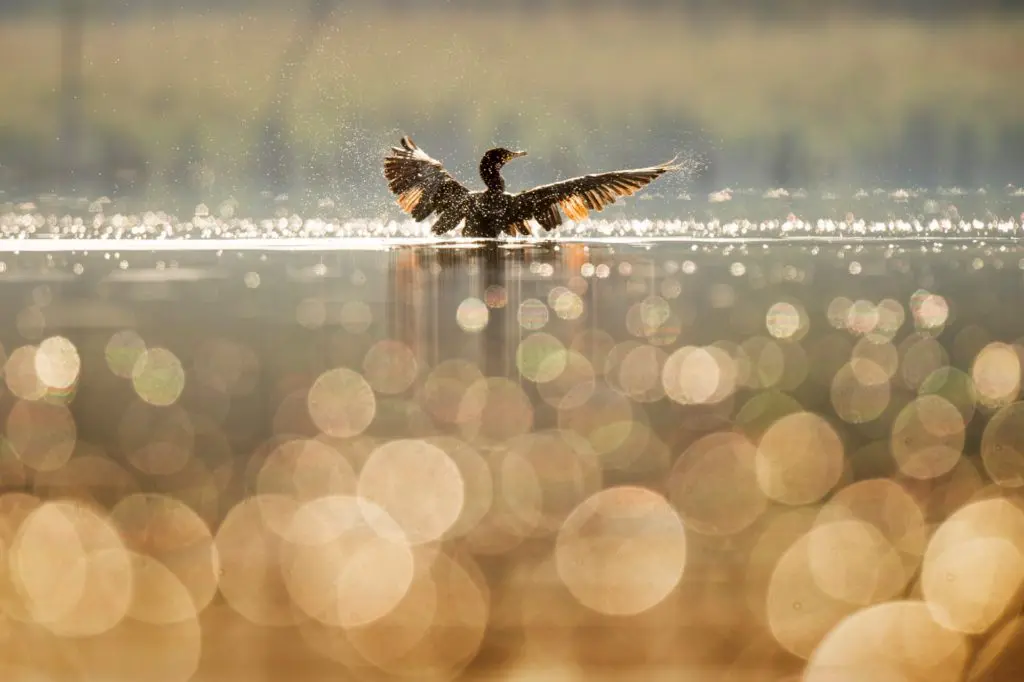
Minimalism in photography can be applied to all genres, no matter your interests. You just need to pay attention to one subject and use natural backgrounds or other patterns and architectural structures to add interest to the frame. We hope these tutorials will give you some ideas and inspire you to capture minimal photographs in your genre of interest.
Further Resources:
- 5 Tips For Successfully Capturing Gorgeous Minimalist Portraits
- 3 Keys To Successful Minimalist Photography
- 5 Tips To Help You Create Better Minimalist Photos
- Fill Your Mind with Images of Extraordinary Minimalistic Architecture
- Minimalism in Street & Urban Photography
- The magic power of minimalist photography

